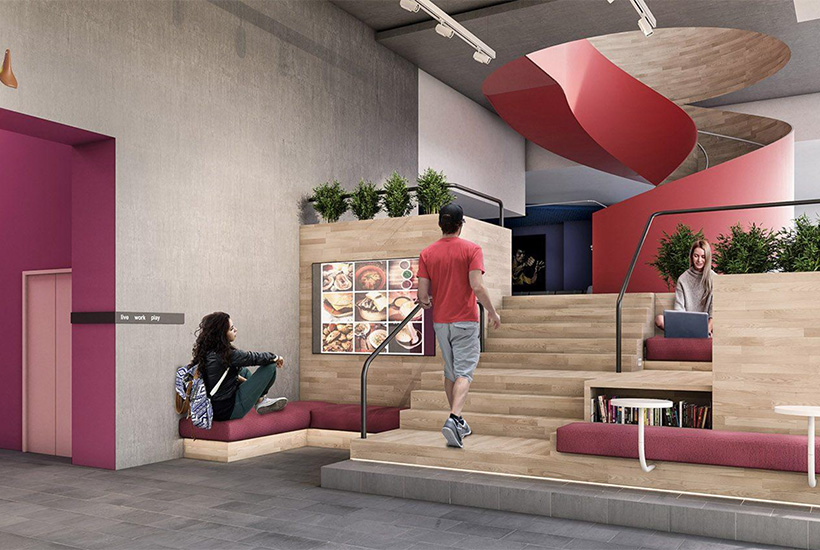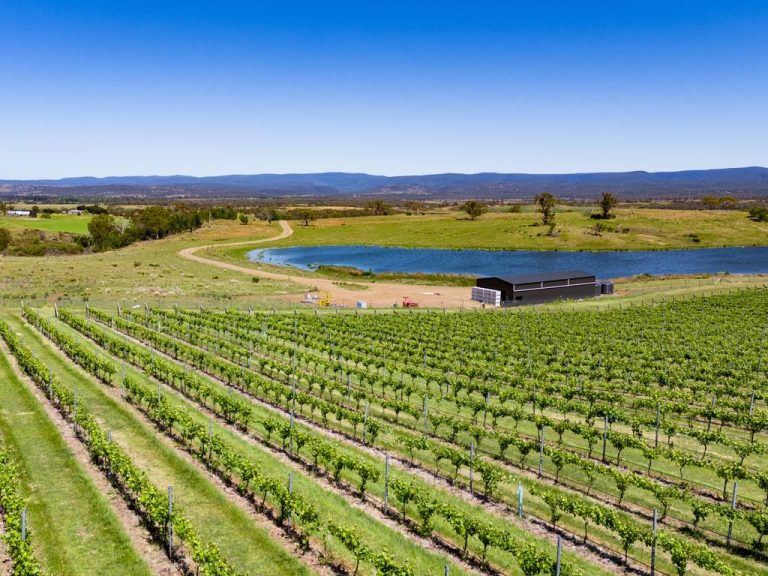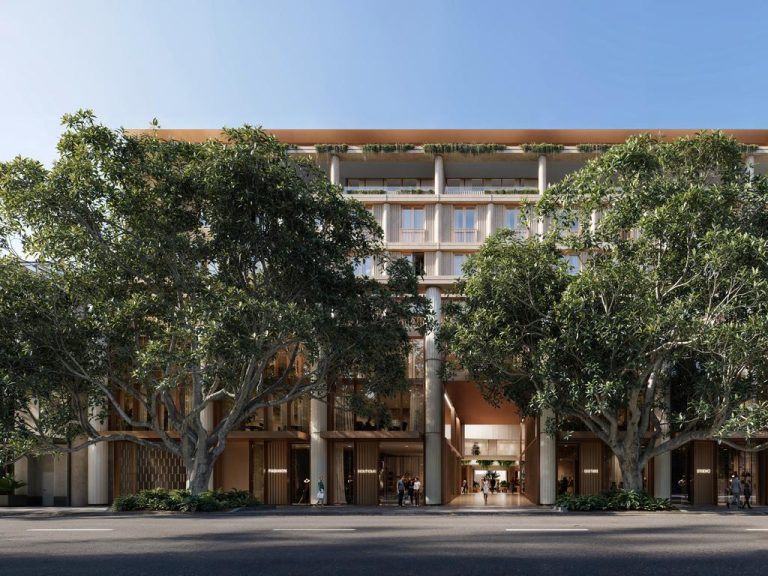Why ‘alternative’ investments are dominating market

The rapid expansion of health and aged care, student accommodation and data centres saw alternative assets show the fastest growth for JLL in Australia with revenue increasing 70% for the nine months to September compared with 2017.
The New York-listed company yesterday reported its quarterly result, with increased revenue of 10% for the Asia-Pacific region underpinned by office leasing in China and Australia.
Adjusted earnings before interest, tax, depreciation and amortisation for the region fell 7% to $US28.3 million ($39 million).
Commercial Insights: Subscribe to receive the latest news and updates
Globally, adjusted EBITDA for the quarter was $US233.9 million, compared with $US187.3 million in 2017.
Australian chief executive Stephen Conry says alternative investments continue to be the standout performer, with its overall Australian business showing solid growth this year.
“We expect 2018 to be our largest business result ever,” Conry says.
Industrial and logistics also recorded a spurt, with revenue up 45% locally.
Despite the tempered outlook for retail, JLL’s Australian revenue from the sector rose 27% for the first nine months of the year, compared with the corresponding period in 2017.
“Large transactions in the third quarter included the $282.4 million sale of assets in the large format retail (LFR) portfolio on behalf of Altis Property Partners,” Conry says.
JLL’s retail investments business results continued into the fourth quarter, following the sale of 11 Vicinity Centres malls for $631 million, he says.
“JLL’s office leasing business is up 19% nationally year-on-year as at quarter three, 2018. This reflects the continuing strength of the Sydney and Melbourne office markets,” Conry says.
This article originally appeared on www.theaustralian.com.au/property.







